Election-Watch.EU shared recommendations for elections under Covid-19 with EU Member States
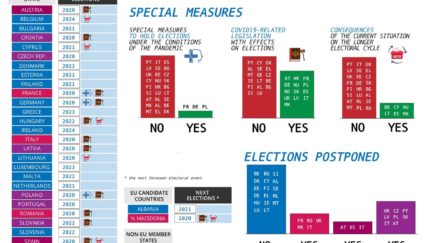
Brussels/Vienna, 25 September 2020: Election-Watch.EU was invited by the European Commission to share the findings and recommendations of its Rapid Assessment on Covid-19 and Elections in Europe with the European Cooperation Network on Elections, which assembles representatives of election management bodies from the EU Member States.
In April 2020, Election-Watch.EU has conducted a Rapid Assessment [...]
covid-19 and elections, covid-19 rapid assessment, european cooperation network on elections
Contribution on electoral reforms to the European Democracy Action Plan
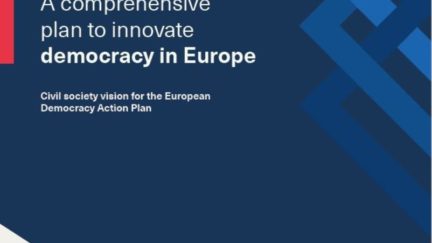
Election-Watch.EU contributed to a comprehensive input paper on the European Democracy Action Plan coordinated by the European Partnership for Democracy (EPD).
In addition a joint statement with 5 demands for the European Democracy Action Plan was drafted and endorsed by a coalition of 46 organisations working on democracy, human rights, [...]
conference on the future of europe, edap, election observation, eu electoral reforms
Austria,European Union,International
Monitoring of Election campaigning on social media networks
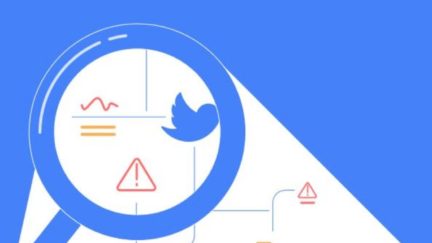
Election-Watch.EU contributed to a pilot project to monitor the usage of social media during electoral campaigns. Democracy Reporting International (DRI) led the project with contributions from MEMO 98 and the financial support of NEF-Civitates.
Under this project, five social media monitoring projects were carried out by teams from Election-Watch.EU (Austria), Lisbon University Institute (ISCTE – IUL) – Media Lab (Portugal), Political Accountability [...]
Austrian National Council Elections, facebook, Nationalratswahl 2019, social media and elections, social media monitoring, twitter, youtube
Invitation to Online Training in Portugal

Lisbon/Vienna, 4 June 2020: wahlbeobachtung.org / Election-Watch.EU was invited to contribute to the online training course of VoteDHr. The Portuguese training program for elections, democracy and human rights of the Center for Social Studies of the University of Coimbra took place online due to the Covid-19 situation. Michael Lidauer explained the work of wahlbeobachtung.org in Austria and provided [...]
Covid-19 & Elections in Europa
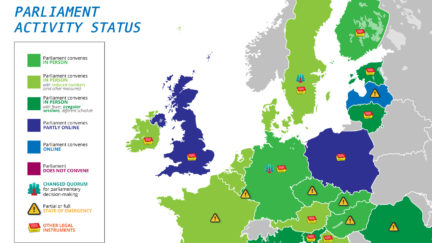
Vienna, 30 April 2020: The United Nations have called the outbreak of the Covid-19 pandemic the biggest international crisis in generations. As the number of infected people began to mount rapidly, governments across Europe put in place a variety of measures to contain the spread of the virus. Many of these measures reflect how emergency situations can impact the safeguarding of fundamental rights and democratic practices.
In mid-April, Election-Watch.EU [...]
European Union,General,International
Debate about electoral reforms in the EU Parliament stimulated by Election-Watch.EU’s findings and recommendations
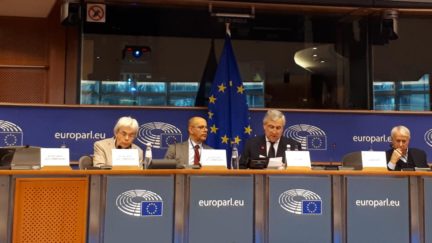
Brussels, 28 January 28 2020: The Constitutional Committee of the European Parliament (AFCO) invited Election-Watch.EU to present its Election Assessment Mission’s findings and recommendations to the Members of the European Parliament. Former European Parliament President and current Constitutional Committee Chairperson Antonio Tajani introduced Election-Watch.EU.
The presentation of Election-Watch.EU’s Election Assessment Mission’s [...]
AFCO, conference on the future of europe, electoral reforms, european electoral reforms, european parliament
Exchange with EU Election Management Bodies about reform recommedations
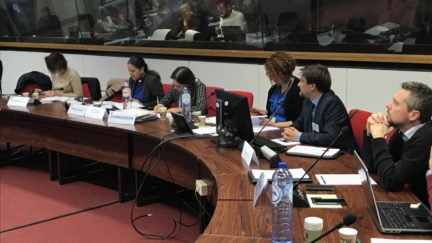
Brussels, 27.11.2019: Election-Watch.EU was invited to present the findings and recommendations of its Election Assessment Mission (EAM) to the 2019 European Elections at a network meeting of European election management bodies (EMBs) at the European Commission in Brussels. Michael Lidauer presented the background, objectives, key findings and recommendations of the EAM, which was the first comprehensive, civil-society based election observation exercise at European level.
[...]
Austria,European Union,General,International
Expert Meeting to discuss disinformation in elections
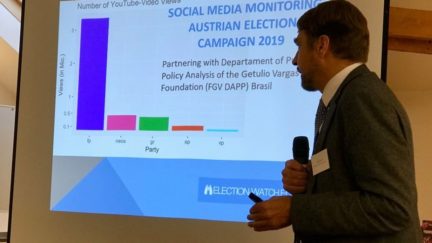
Prague, 19 November 2019: At the invitation of the International Foundation for Electoral Systems (IFES), 20 electoral experts met in Prague to discuss the risks of disinformation in elections and possible countermeasures. The special focus of the event was the communication via social media, disinformation and election integrity, especially in countries of Central and Eastern Europe.
Armin [...]
Austria,European Union,General
Panel discussion about social media monitoring in Austria
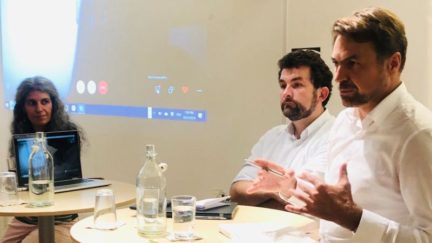
Vienna, 21 October 2019
What is the impact of social media on civil society at large, and elections in particular? Should we monitor this, and if yes, how?